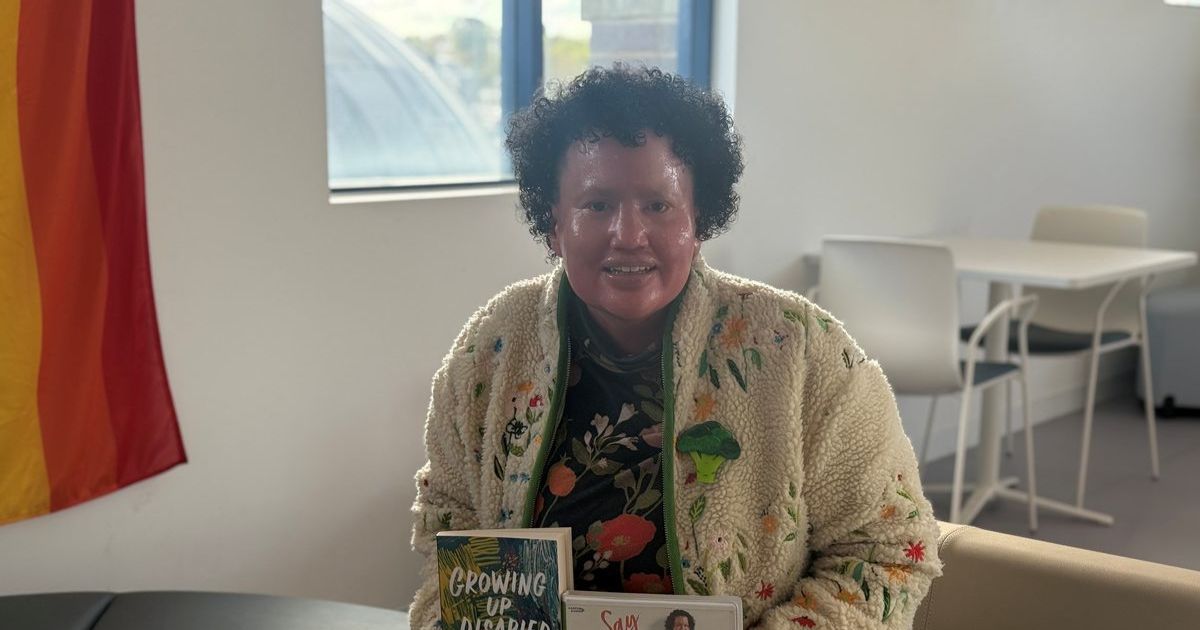From the desk of Roland Rocchiccioli – 25 April

Symbol of sacrifice: Moina Belle Michael conceived the idea of red poppies as a way of remembering those lost during the Great War. Photo: SUPPLIED
“If ye break faith with us who die
We shall not sleep, though poppies grow
In Flanders’ fields.”
In Flanders’ Fields – John McRae.
TWO-hundred and two years ago this coming Christmas Eve, the enduring carol Stille Nacht, Heilige Nacht, or, as we know and love it, Silent Night, written by Father Mohr, an assistant parish priest, and composed by the organist, Franz Gruber, was sung for the first time in the tiny parish church of St. Nicholas in Oberndorf, in a snow covered valley in the southern province of Salzburg. As the two men, backed by the choir, stood in front of the main altar and sang Stille Nacht! Heilige Nacht, they had no inkling of the impact their simple composition would have on the world – and for all time hence. As it happens, Silent Night was sung in the trenches by both the German and the British forces during the Great War and helped lead to a brief Christmas truce in 1914.
The guns of The Great War fell silent 102 years ago, ending one of the deadliest struggles in the history of the human race. This war, more than any before or since, shaped the modern era. It mobilised 65-million troops; claimed 20-million military and civilian deaths; destroyed four multi-ethnic empires with consequences which are still being felt today. It disorganised the international system in hugely destructive ways, unleashing the demons of political disorder, extremism, and cruelty which disfigured the 20th century.
The soldiers sang – to the popular tune of What A Friend We Have In Jesus:
When the guns have fallen silent
And our World at peace shall be.
We’ll return to dear old England,
Fritz to home in Germany.
We’ll all forget this mud and horror,
Just our fallen will remain.
But their names will live forever
War must never come again.
During the early days of the Second Battle of Ypres – or Wipers as it was called by the English-speaking soldiers – a young Canadian artillery officer, Lieutenant Alexis Helmer, was killed by German artillery shell. He was serving in the same Canadian artillery unit as his friend, the military doctor, and commander, Major John McCrae.
Serendipitously, the Chaplain had been called-away and Major McCrae was asked to conduct the burial service for his friend. The next evening, sitting on the rear step of an ambulance, he spent twenty minutes of his precious rest-time scribbling in a notebook, fifteen lines of verse:
In Flanders fields the poppies blow
Between the crosses, row on row
That mark our place; and in the sky
The larks, still bravely singing, fly
Scarce heard amid the guns below.
We are the Dead. Short days ago
We lived, felt dawn, saw sunset glow,
Loved and were loved, and now we lie
In Flanders fields.
Take up our quarrel with the foe:
To you from failing hands we throw
The torch; be yours to hold it high.
If ye break faith with us who die
We shall not sleep, though poppies grow
In Flanders fields.
Moina Belle Michael, an American professor and humanitarian, conceived the idea of using poppies as a symbol of remembrance for those who served in World War I. Having read John McCrae’s poem, she vowed, from that day forward, to wear the red poppy of Flanders’ Fields as a sign of remembrance.
Lest We Forget
Roland can be heard on RADIO 3BA, every Monday morning, 10.45 and you can email him at [email protected].


















